What type of grass do I have?
silveriofr
4 years ago
last modified: 4 years ago
Featured Answer
Sort by:Oldest
Comments (12)
User
4 years agosilveriofr
4 years agoRelated Discussions
what type of grass do I have?
Comments (2)Please post a picture taken on a cloudy day or in the shade. There's far too much contrast to see the grass and weeds. Also tell us where you live. We can eliminate the northern grasses if you live in the south and vice versa....See MoreHelp Part 2? What type of grass do I have?
Comments (0)Hello GW! Can anyone help out with what type of grass I have? I posted my front yard 2 minutes ago and this is now my front yard. Looking to reseed some areas and need to first figure out what type of I have. Thanks very much!...See MoreHelp Part 2? What type of grass do I have?
Comments (6)Sorry for the confusion. This is my front yard and the other pic is my back yard. How do I get rid of the crab grass? I live in Southern California. I will just want to look at this front yard grass. For the back yard grass, my kids will probably run around on it. I get tons of sun and not too much shade. Yes - I'm willing to water and move weekly. Right now my sprinklers go on everyday for 15 minutes and I also hand water the grass once a week and try to give more water to the brown/empty areas. Just attached another pic of my front yard lawn. Can you tell what type of grass it is from this new pic? Thanks for your help!...See MoreWhat type of grass do I have (pictures)?
Comments (5)Grass that dense is very likely to be Kentucky bluegrass. It is the type of grass that spreads and forms a dense sod without overseeding. If the grass is thin close to buildings or on the north side of fences and trees, then KBG is even more likely. The alternatives are rye grass and fescue. Both of those require overseeding to remain dense. Rye grows in full sun while fescue can tolerate much more shade than the other two. In the future the best pictures of grass are taken on a cloudy day or in the shade....See Moresilveriofr
4 years agosilveriofr
4 years agosilveriofr
4 years agoFrancisco Silverio
4 years agoFrancisco Silverio
4 years agodchall_san_antonio
4 years agoYardvaark
4 years ago
Related Stories
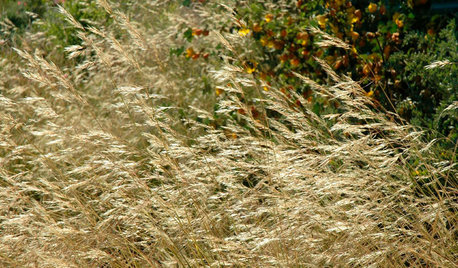
GARDENING GUIDESGreat Design Plant: Purple Needle Grass, California’s State Grass
The long-lived, drought-tolerant Stipa pulchra is as admired for its benefits as for its good looks
Full Story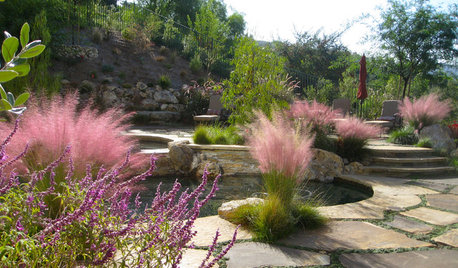
GRASSES10 Ways to Use Ornamental Grasses in the Landscape
These low-maintenance plants can add beauty, texture and privacy to any size garden
Full Story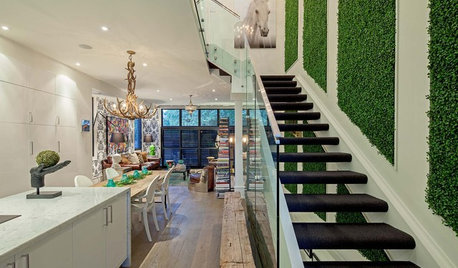
DECORATING GUIDESGo for the Green: Artificial Grass Surprises, Inside and Out
Synthetic turf springs up on patios, living rooms, furniture and walls. Basement golf, anyone?
Full Story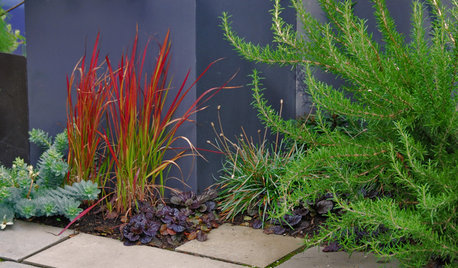
RED FOLIAGEGreat Design Plant: Japanese Blood Grass
This dramatic, ruby-tinged grass bridges the gap between red and green, short and tall plants
Full Story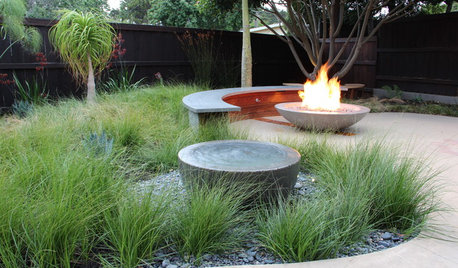
LANDSCAPE DESIGNEnergize Your Landscape With Masses of Grasses
Create year-round interest with waves of attention-getting grasses for all kinds of yards
Full Story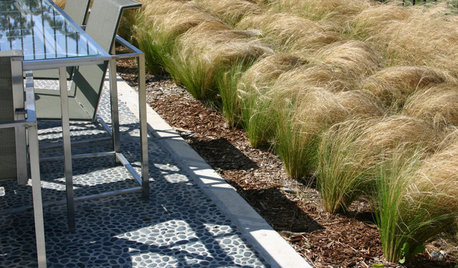
GARDENING AND LANDSCAPINGOrnamental Grasses in the Landscape
Low-maintenance grasses add beauty and motion to the garden
Full Story
DECORATING GUIDESWalls Have a Field Day With Grass Cloth
Rustic or refined, richly textured grass cloth provides a burst of natural freshness to your interior decorating
Full Story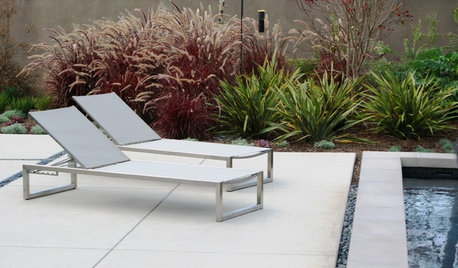
PURPLE FOLIAGEGreat Design Plant: Purple Fountain Grass
Easy come, easy grow — give this low-maintenance grass pride of place in your garden
Full Story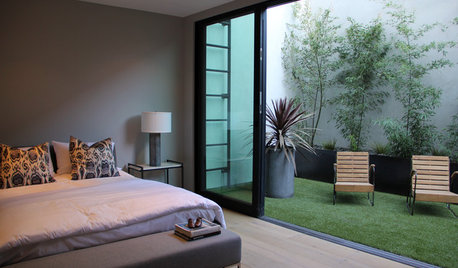
LANDSCAPE DESIGNIs It Time to Consider Fake Grass?
With more realistic-looking options than ever, synthetic turf can be a boon. Find the benefits and an installation how-to here
Full Story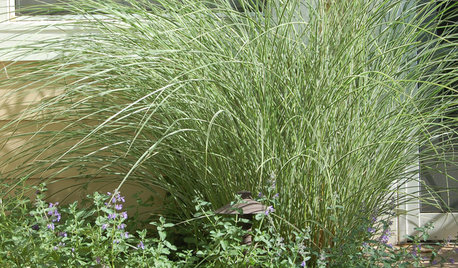
GARDENING AND LANDSCAPING5 Smokin' Warm-Season Grasses
Beat the heat with beautiful grasses that help your landscape shine from summer through fall
Full Story


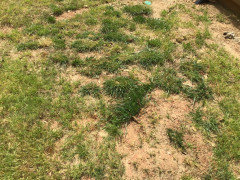
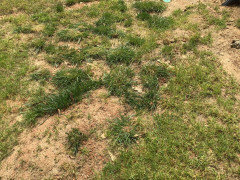
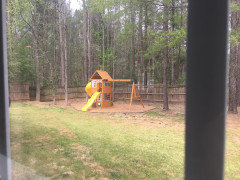
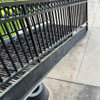

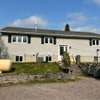

User